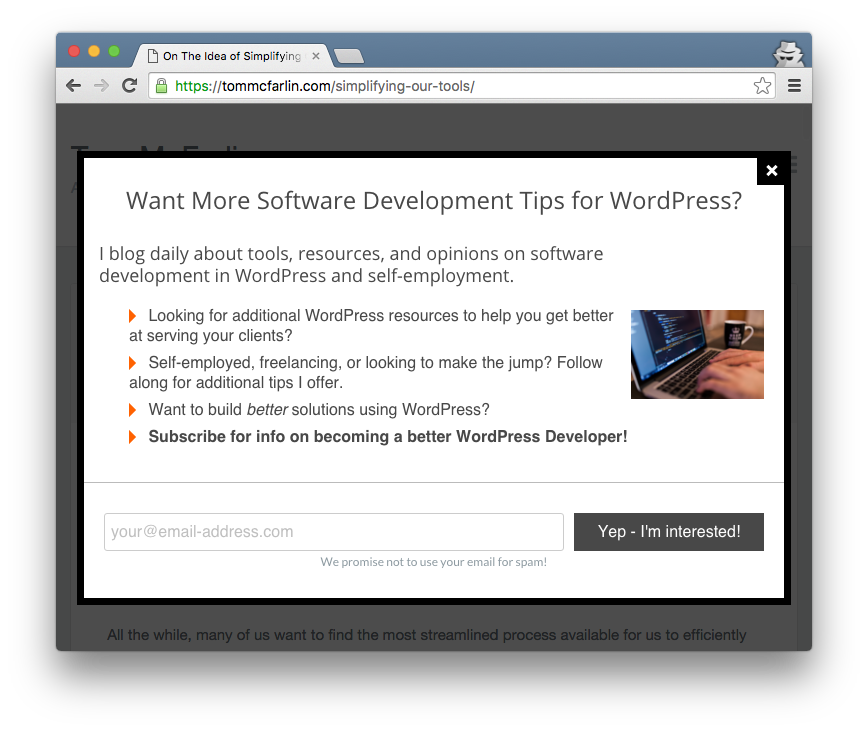Regardless of your experience with WordPress, it’s almost inevitable that – at some point – you’re going to want to experiment with caching your website.

Cache, Not Cash
For those who have a background in computing, you’re likely already familiar with caching:
- how it works,
- how to control it,
- some of the pitfalls,
- and many of its advantages.
If, on the other hand, you’re someone who wants a faster site, finds a plugin, and then begins turning options on and off, you may end up negatively affecting your site in some way.
Because WordPress is available a one-click install on so many web hosts, and because the plugin repository has a variety of caching plugins, it’s easy to get overwhelmed and/or try out a number of different plugins potentially altering the appearance of your site when users are viewing it.
And the latter happens to all of us. At least I hope. I had a cache issue late last week :).
Anyway, despite this laborious introduction, the purpose of this post isn’t necessarily to outline the advantages and disadvantages of caching. Instead, it’s meant to answer the question:
Should I use caching on a shared web host?
And though it’s not a difficult question to answer, it’s important to understand that you can only push the limits of your caching so far in that type particular environment.
Continue reading
 I know, I know: This kind of stuff seriously annoys a certain breed of people, doesn’t it? Myself included!
I know, I know: This kind of stuff seriously annoys a certain breed of people, doesn’t it? Myself included!

